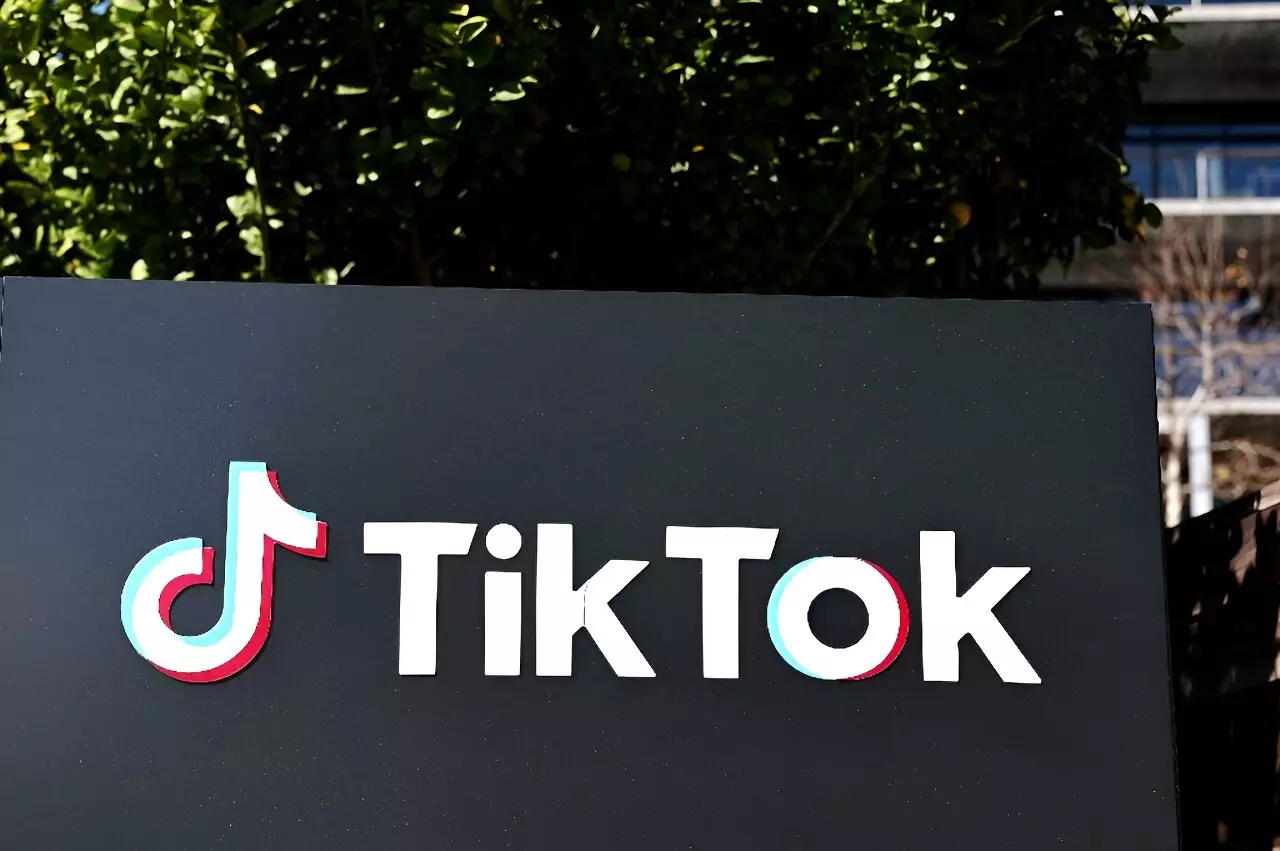The recent proposed legislation that could potentially force TikTok to divest from its Chinese owner or face a ban in the United States has sparked outrage among TikTok creators. This legislation has been described as defying common sense and financial wisdom by those who have built their platforms and followers on the app. TikTok, a popular social media platform, has become a hub for creativity, expression, and community building for millions of users across the globe, particularly in the United States. However, the implications of this legislation could have far-reaching consequences beyond just the app itself.
TikTok creators, such as Ariella Elm and Nathan Espinoza, have spoken out against the proposed legislation, highlighting the impact it could have on not just their personal platforms, but also on the broader community that has formed on the app. Elm, a self-described political activist with a substantial following on TikTok, raised concerns about the lack of understanding among lawmakers regarding the platform’s significance. Similarly, Espinoza emphasized the role TikTok plays in providing a diverse representation of political views and its potential for marketing, especially for small businesses.
Steven King, a lifestyle content creator with millions of followers, emphasized the sense of community that TikTok has fostered, stating that no other platform provides a comparable experience. The platform’s recommendation algorithm has been praised for its ability to deliver real-time information and engaging content to users. TikTok has also been lauded for its ability to bridge generational gaps, attracting users ranging from teenagers to seasoned entrepreneurs, all of whom could be impacted by a potential ban.
As the legislation moves through the political process, there are concerns about the potential backlash from TikTok’s younger demographic, particularly first-time voters like Espinoza. These users have expressed their opposition to the ban and indicated that they may use their voting power to hold elected officials accountable. The perspective of Victor Pelatere and Annmarie Fitzgerald, who acknowledge some of the negative aspects of TikTok and are open to regulations that prioritize national security and well-being, highlights the complexity of the issue.
The proposed legislation targeting TikTok has ignited a passionate response from the platform’s creators and users. The potential ban raises questions about freedom of expression, community-building, and the economic impact on businesses that rely on TikTok for marketing and outreach. While some acknowledge the addictive nature of the app and are open to measures that address these concerns, others stress the importance of preserving the platform’s unique ability to connect people across diverse backgrounds and age groups. As the debate continues, it remains to be seen how lawmakers will navigate the delicate balance between national security and personal freedoms in the digital age.


Leave a Reply